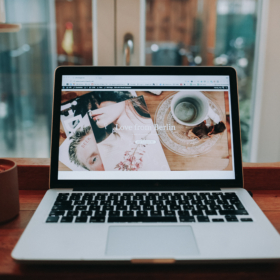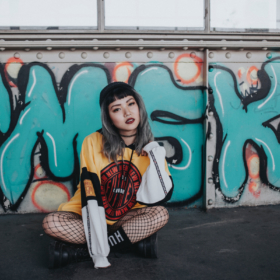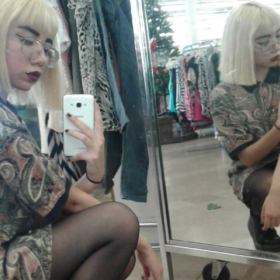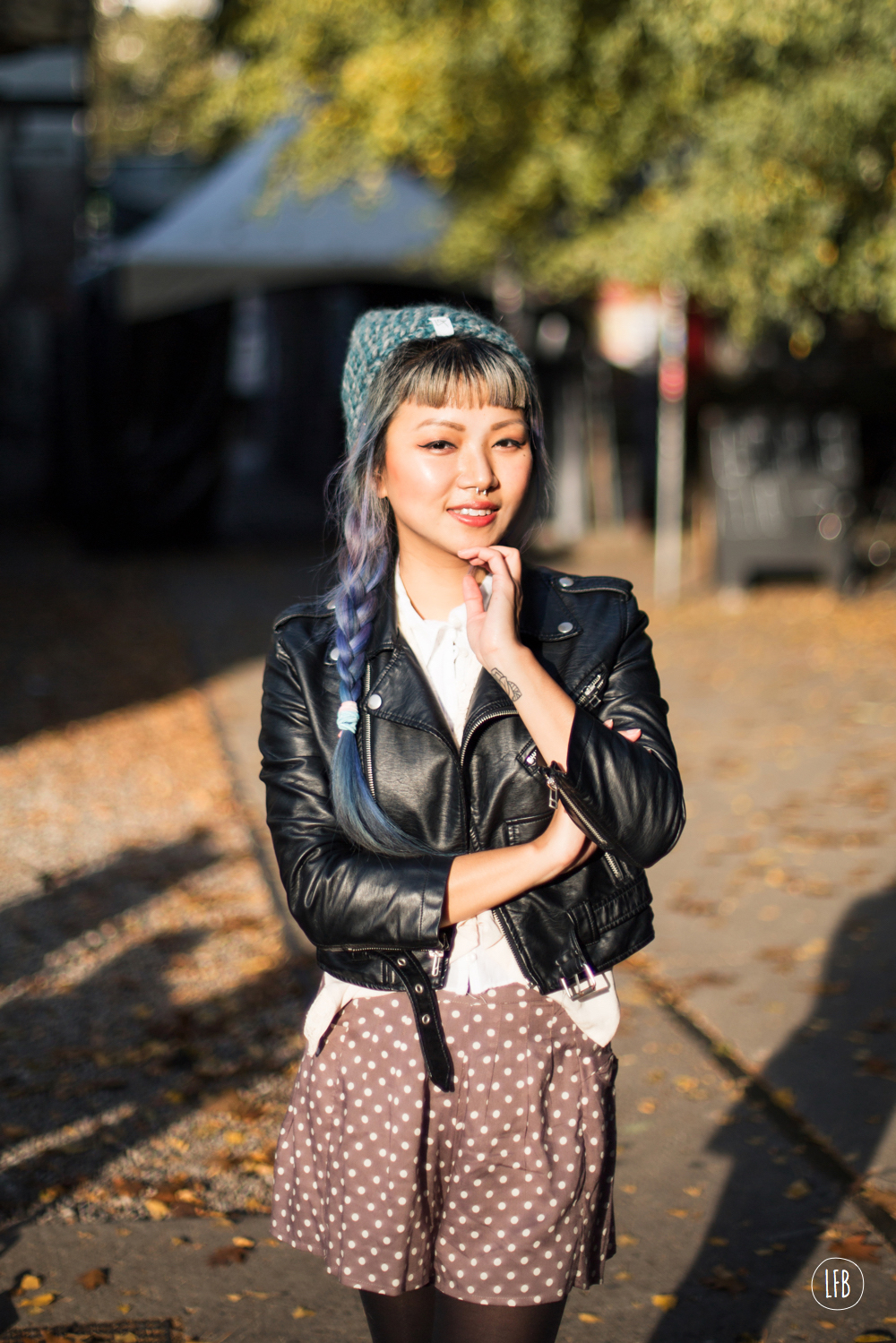
The social media world (and the world in general, for that matter) has been abuzz ever since Australian teenager Essena O’Neill, a very popular instagrammer and youtuber, boldly announced that she would be quitting social media. (How successful she will be at letting go of the internetz has yet to fully be seen, however). From what I have read and heard, opinions on the matter have been pretty split. Some people are applauding this young girl for having the courage to speak up about the apparent truth behind social media – that it is a business first and foremost, and a nasty one at that. She is also being applauded for speaking up about the fact that social media sites like instagram create a false sense of spontaneity and reality, portraying lives that are perfectly curated but in truth, unrealistic. And she is right: this instafamous culture combined with product placement creates a modern form of marketing that can be even more subversive than traditional means of marketing, as it’s harder to tell where the reality ends and money making begins in a selfie compared to a magazine advert or television commercial.
Then there are others who consider what she has done it’s own marketing scam – after all since “quitting” social media, people outside of the world of instagram who never knew who she was suddenly do. She has been talked about across the world, been asked to appear on television, and has gained even more followers. Those who consider themselves friends of Essena O’Neill have also lashed back and have gone so far as to call her actions a “hoax” and claim her “stunt” is actually a reaction to a bad break up which took place during her stay in LA, effectively labeling what she has done a modern-day teenage temper tantrum that is just happening to play out before millions of people. Other people don’t quite seem to understand taking to social media to condemn social media and then asking for “donations” from “fans” who were only acquired via social media instead of getting a real job like the rest of the world would were they to need an income.
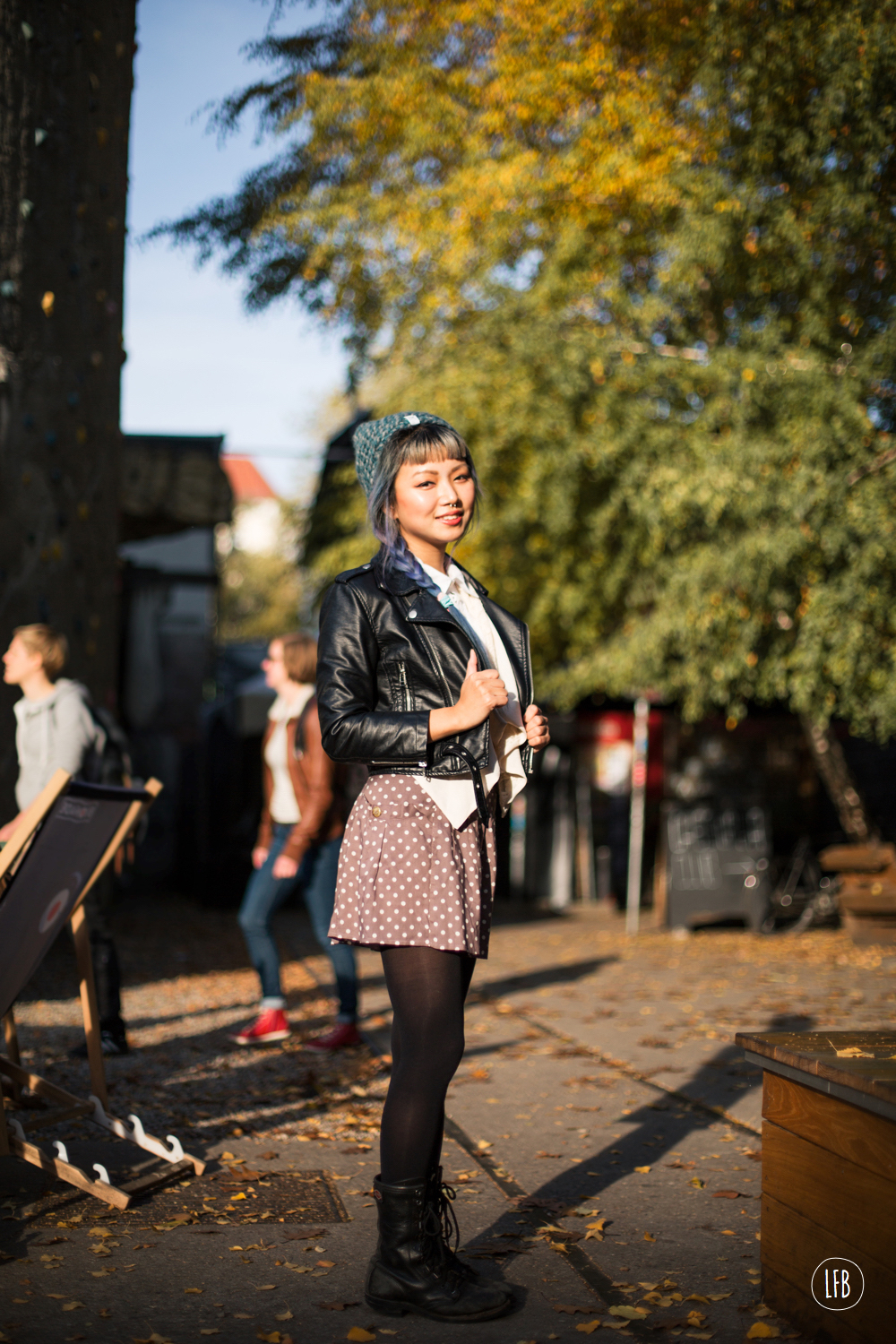
If you want my opinion, I really do not care so much about what O’Neill’s motives were so much as I am interested in the conversation it has started about social media, it’s role in our lives, and if there is any level of social responsibility we need to own and should expect others (be them individuals or companies) to own in this digital age. It’s actually a topic I have always been interested about, especially as a blogger and avid social media user. I do think there is definitely truth behind O’Neill’s claim that social media is “not real” and her readiness to expose just exactly how much money some people are making through product placement is bold and should be admired. But her narrow black and white all-or-nothing mentality when it comes to social media is very short-sighted. So without further ado, here are my personal thoughts on social media:
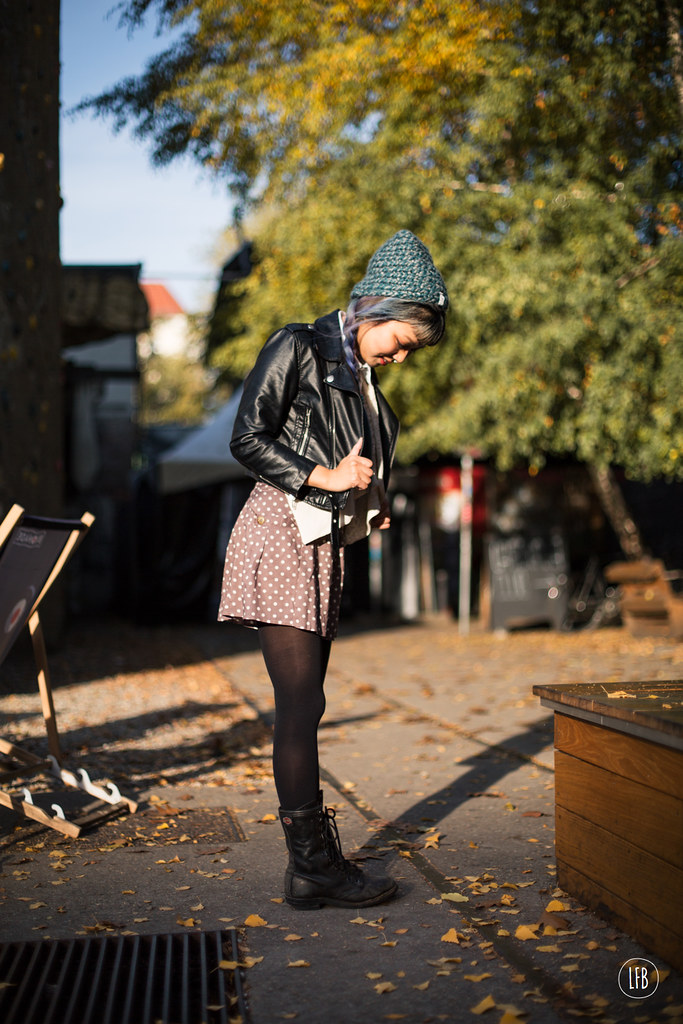
Social media can be a business like any other…
And like any business, it’s how you run it that shows what kind of person you are. Whether people like it or not, being famous on the internet has become a profession. And like any profession, there are some in this field that work very hard and others who seem to have just gotten lucky or manipulate the world around them to work in their favor. But let’s focus a moment on users who are working hard at their social media careers. There are personalities and “gurus” out there who take their job very seriously and work very hard at creating incredible content – be it through writing, videos or photography. For some reason, in this digital age, we all expect to be spoon fed this kind of entertainment for free. Oddly enough, no one would simply pick up a magazine off a stand and walk away without paying, and yet when it comes to content creators online, we feel as if we are owed their content.
If you have turned social media into a job and work hard at creating worthy material, you have the right to earn money from it as you would any other profession as long as they do so with transparency and integrity. I agree 100% that lying to the people who follow you and hang on your every word about the products you use simply to make money is plain wrong, as is the amount of money that is getting passed around for a simple product placement photo made to look as if it were not a product placement photo. But there are plenty of people who turn down 80% of offers made to them, refusing to sacrifice content and quality for dollar signs. These individuals support companies who they truly stand behind and should not be made to feel bad about that.
In addition to making money through sponsorship, there are also creative artists using the platform to gain a wider audience and in turn, new clients. For photographers who are freelancing and cannot afford huge marketing campaigns, this is a beautiful thing.
It’s all relative
To me there is a marked difference between personalities and visual or text-based content creators and men and women who only post selfies. I fully stand behind my statement that a selfie is not art. And while it would seem logical to say that someone churning out well thought out and perfectly edited videos or someone taking incredible photographs is investing a lot more time and energy in creating some kind of “product” – meaning an end result that can be consumed in some way (this way being entertainment in this case) – as much as it may pain someone to hear it, a selfie in this sense is also a “product”: it is also being consumed for entertainment.
Whether we like it or not, people like looking at pictures of beautiful people. That’s why instafamous women and men have so many followers. And in terms of marketing themselves, they clearly know what they are doing and I am sure there is a measure of hard work that goes into creating the image they portray online. I am not focusing on the ethics behind doing so, but simply stating that based on these facts, I can’t really claim one type of instagrammer or youtuber works harder than the other. Therefore based on work ethic alone I cannot judge if an instagrammer that is famous based on his or her looks deserves their “fame” any more or and less than an incredible landscape photographer on Instagram does. But I will say that society as a whole is clearly superficial when a pretty 18 year old can capitalize on her good looks enough to have 20x as many followers as AP’s instagram account. And that to me is a problem.
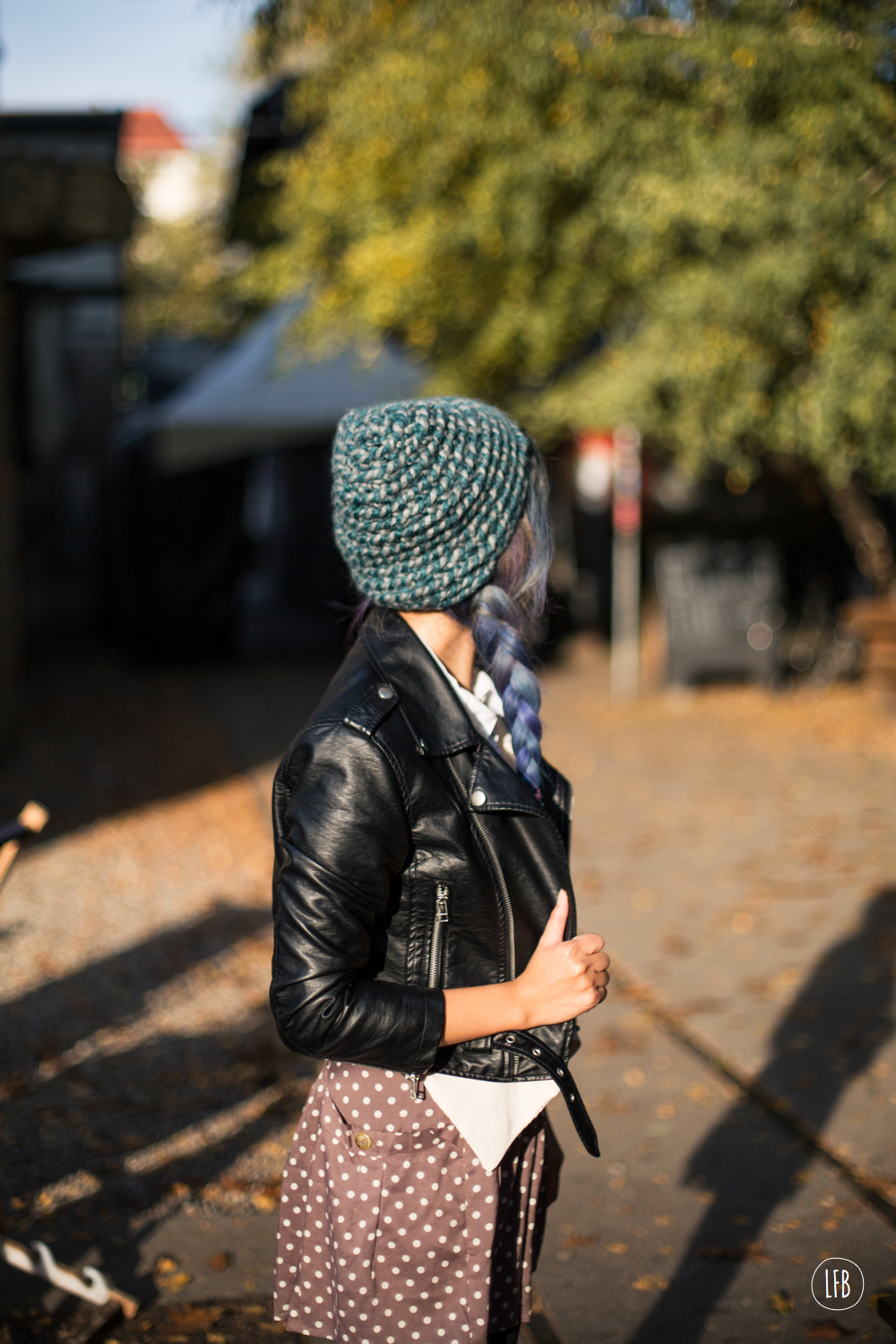
Social Media is full of creation…
And also inspires creation in the process. Social media goes beyond personalities, attractive people and making money. Instagram, for example, as a place full of incredible photography and other forms of artwork. It is a wonderful platform for artists to get their work out there and be seen and also a wonderful source of inspiration. I cannot tell you how many photographers I have come across on the platform that have inspired both me on a visceral level and have and positively influenced my own work and creative endeavors. And extending beyond individuals, there are also twitter accounts for magazines and companies that tweet about art, politics, social causes, food, travel, and just about everything else in between. I get half of my daily dose of current events from my twitter feed.
Social Media levels the playing field
The social media platform twitter has also been instrumental in other demographics outside of the world of social media personalities, content creators, and artists. And this is because, at the end of the day, social media, in it’s myriad of forms, is simply another form of communication. And communication is used by all of us. (Granted, social media is something that you can choose to opt out of much easier than other forms of communication like talking, e-mail writing or phoning, but I hope you are picking up what I’m putting down.)
Social media has been instrumental in helping social and political movements take place. We all saw how Twitter was absolutely instrumental to the Arab Spring which began at the end of 2010 in Tunisia and continued to spread throughout countries of the Arab League and beyond. Social media was used as a tool for collective activism, which helped individuals who did not agree with those in power circumvent media channels owned and operated by the state.
In addition to leveling out the playing field for citizens dealing with despotic rulers, social media has also given a voice for those whose actual voices would otherwise not be heard due to systemic institutionalized racism. What once would have been swept under the rug has now been exposed. In the last year or so, dozens of videos exposing police violence and blatant disregard for the lives of black Americans have gone viral, forcing not only America but the world to look at what is taking place. This has lead to many people speaking out against this injustice and fighting for change. Although we have a long way to go in this respect, we have seen social media be a catalyst for some progress: by the summer of 2015, California, South Carolina, Nevada and New Jersey had all passed specific laws requiring certain officers to wear body cameras.
Online platforms are also a godsend for many people, older or younger, who may not be as secure with navigating social situations in public and find the world online a comforting place where they can connect with like-minded individuals and forge lasting friendships with others.
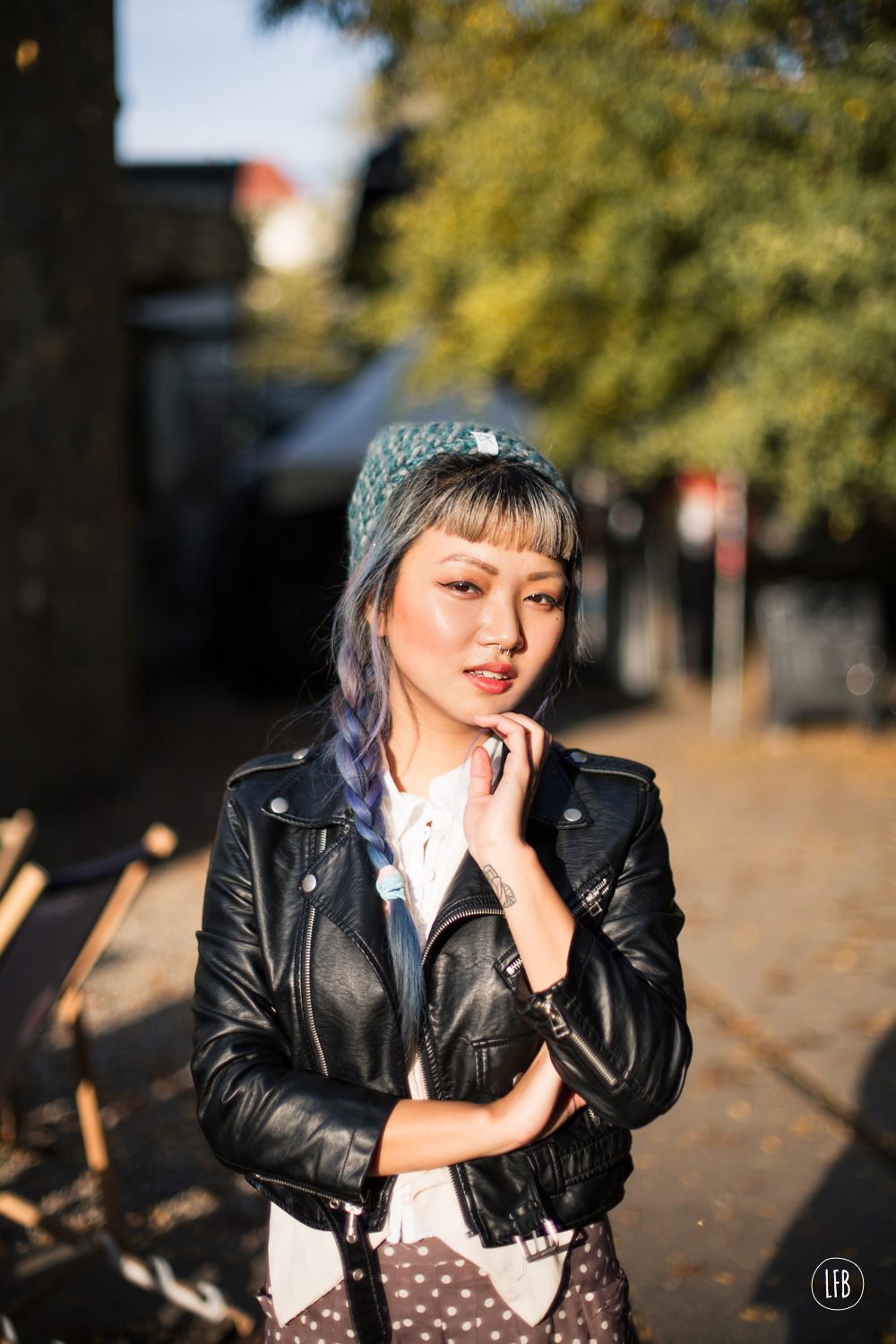
It is easy to forget about the fact that social media in itself is not simply something teenagers and tweens use to retweet their e-celebrity crushes, something attractive people use to gain fame, or a bombardment of images that just make us feel bad about ourselves. Sure, part of social media is the world of insta-famous models with following counts depressingly 10 times that of Time Magazine’s instagram account. But it’s also full of incredible artists, has sparked political change and is a source of inspiration for many creatives out there.
In the end, social media is only a tool. And as with all tools, it’s how you use them that matters. A tool in itself is not an intension, but simply a device in which we can manipulate for whatever purpose we see fit. We have the choice in what content we follow, what images we take in and also what images we put out. It is human to be swayed and tempted by glossy images of perfect looking people, be it in magazines or on instagram, and it isn’t always wrong to enjoy this kind of imagery. But we need to remember to consume it responsibility and it is ultimately up to us how much power these kind of images should have on our own thinking and self worth. We also have the right to enjoy taking a selfie every now and then. If you are having one of those “damn-I-look-guuuuud days,” take the damned selfie because nothing is sexier than what confidence feels like. But we also need to stay vigilant and avoid falling into a constant trap of narcissistic photo taking or habitual self loathing and comparing ourselves to others and think larger, by using social media as a tool for political change and social activism as well.
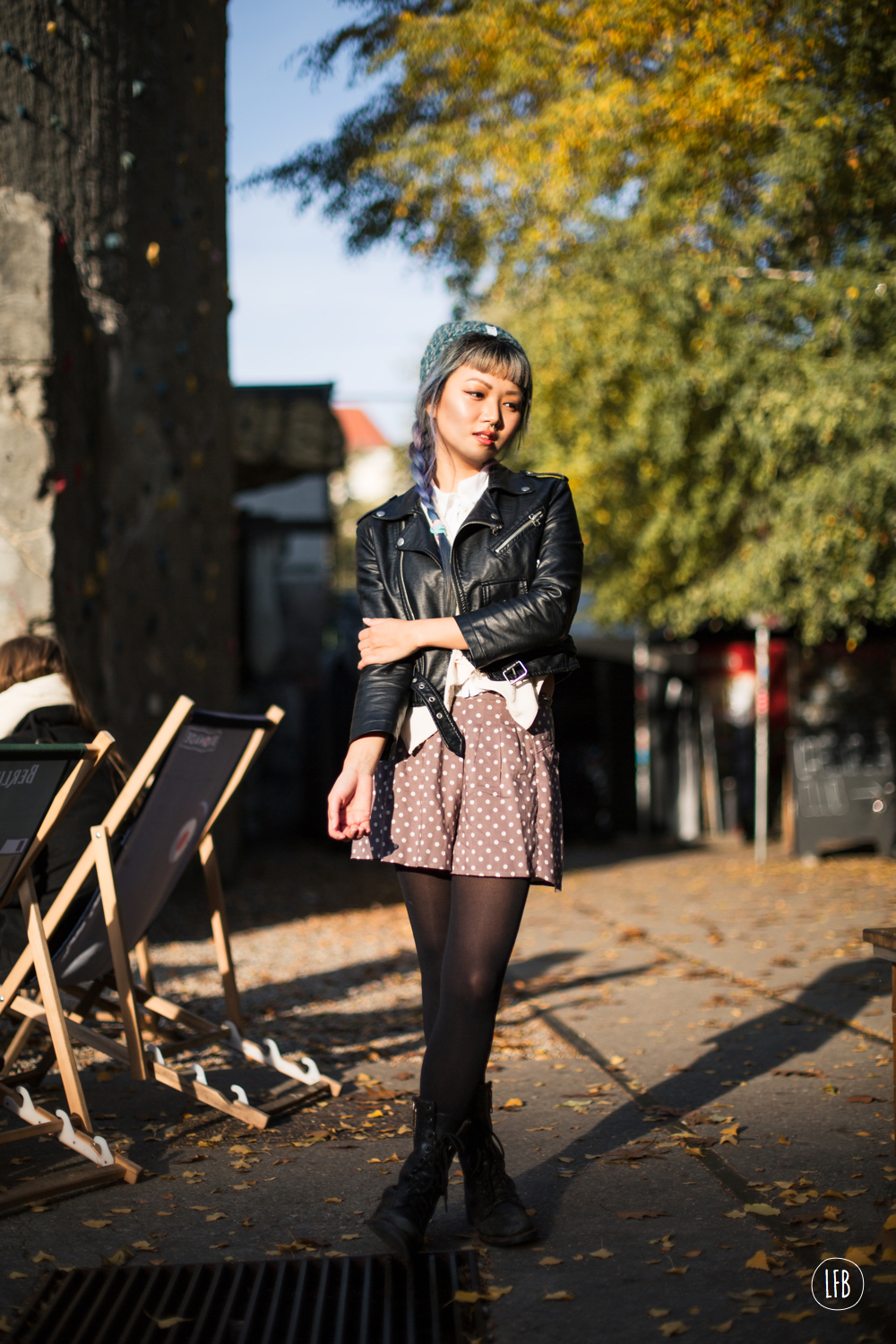
When I think of how I consume social media, I try to do so in a well-rounded way, because at the end of the day, it’s all bout striking a balance. And the best part about this whole damned thing? You are ultimately in control. You are in control of what you post and also who you follow. Now I don’t know about you and our opinions on social media in the wake of Essena O’neill and the stir her decision has created both inside and outside of the world of instagram (seriously, legit news sources have been posting articles about her departure from the internetz), but I’ll still be using twitter, instagram, snapchat, tumblr and pinterest and whatever new thing might come along. And I’ll be doing so like I have been all along: for pleasure, for inspiration, for inspiring others, for political and social activism, and yes, for selfies and looking at beautiful people seemingly doing the things that beautiful apparently people do.
What are your opinions on social media? I would love to hear them so please let me know in the comments below!
Don’t forget to check out the podcasts & sign up for LFB’s conscious living challenge.


